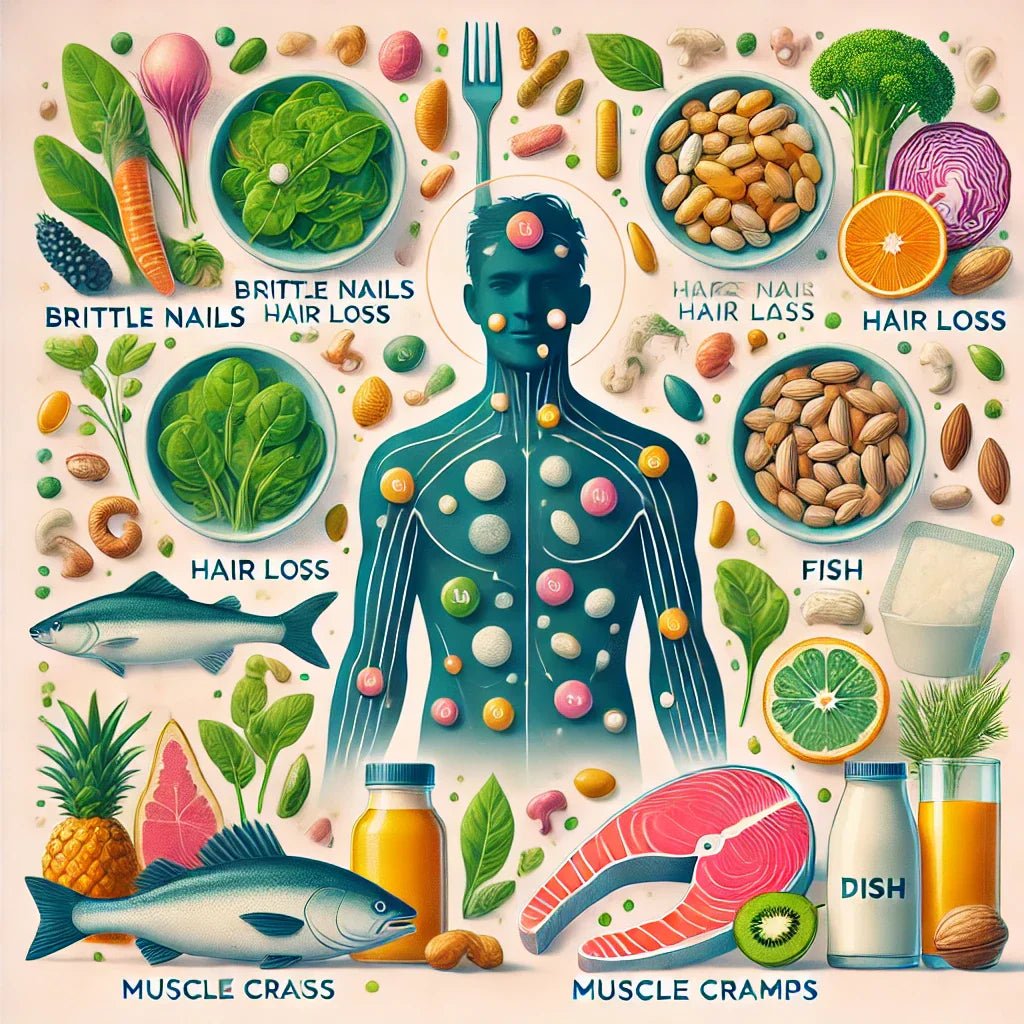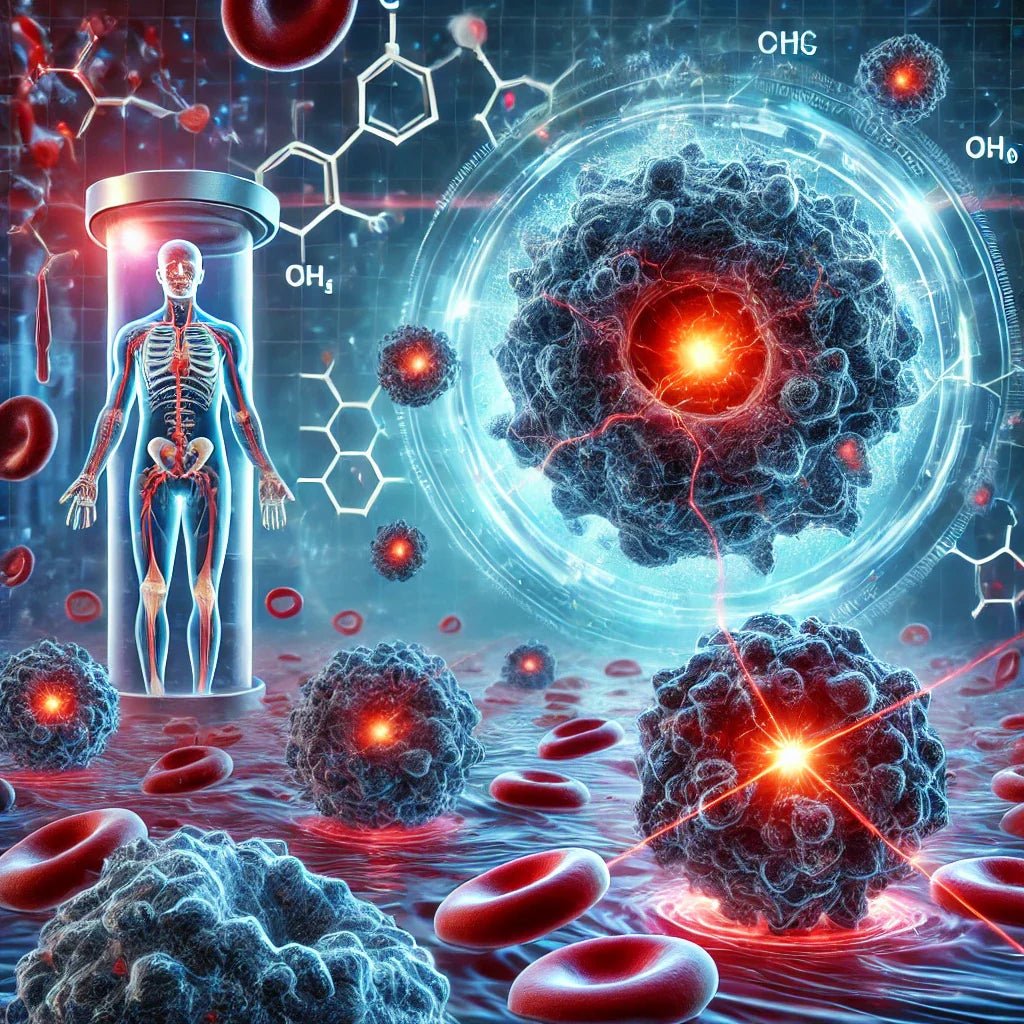Year by year, sales statistics of painkillers increase, according to many of them, in recent years by up to 250%!
Pain is an inherent part of the human experience, and pain medications are often the first choice for relieving symptoms. However, their excessive and regular use may have adverse consequences for human health. It is worth understanding the different types of painkillers, their potential side effects and the causes of pain in order to approach the topic responsibly.
Types of Painkillers:
- NSAIDs (non-steroidal anti-inflammatory drugs): Examples are ibuprofen, diclofenac. They have anti-inflammatory and analgesic effects by inhibiting enzymes responsible for inflammation. They may cause gastrointestinal problems.
SIDE EFFECTS: May cause gastrointestinal problems, ulceration, bleeding.
- Paracetamol: Has an analgesic and antipyretic effect. Its excess can damage the liver.
SIDE EFFECTS: Too high a dose or given for too long may damage the liver.
- Opioids: Strong painkillers such as morphine or oxycodone. They can lead to addiction and have a depressing effect on the respiratory system.
SIDE EFFECTS: Risk of addiction, respiratory depression, drowsiness.
DON'T IGNORE THE PAIN!
Pain can be a signal from the body that something is wrong. Pain symptoms in the head, joints, spine or abdomen may be caused by various reasons, such as injuries, infections, chronic diseases or improper habits. Ignoring pain can worsen your condition and delay proper diagnosis.
DO YOU EXPERIENCE PAIN REGULARLY?
Consult a doctor - pain is intense, frequent or persistent, it is worth consulting a doctor to rule out serious health problems.
ATTENTION! Don't overuse painkillers: Use medications only as directed by your doctor or as directed on the package.
Adopt healthy habits - a healthy diet, regular physical activity and avoiding stress can help reduce pain; in many cases, recurrent weakness, nausea or headaches result from DEHYDRATION or lack of adequate food during the day.
Remember that a healthy approach to pain involves recognizing its cause, not just masking the symptoms with painkillers. When in doubt, it is always a good idea to consult your doctor to ensure that you receive appropriate medical care.
Mata Wcześniak
Bibliography:
American Heart Association. (2020). Nonsteroidal Anti-Inflammatory Drugs (NSAIDs).
National Institute on Drug Abuse. (2020). Opioids.
Mayo Clinic. (2021). Pain Medications: Prescription pain relievers, OTC pain relievers and topical products.
Harvard Health Publishing. (2019). The hazards of too much acetaminophen.
Mayo Clinic. (2021). Pain Management: Pain basics.
Harvard Health Publishing. (2020). When Pain Relievers Cause More Headaches.






